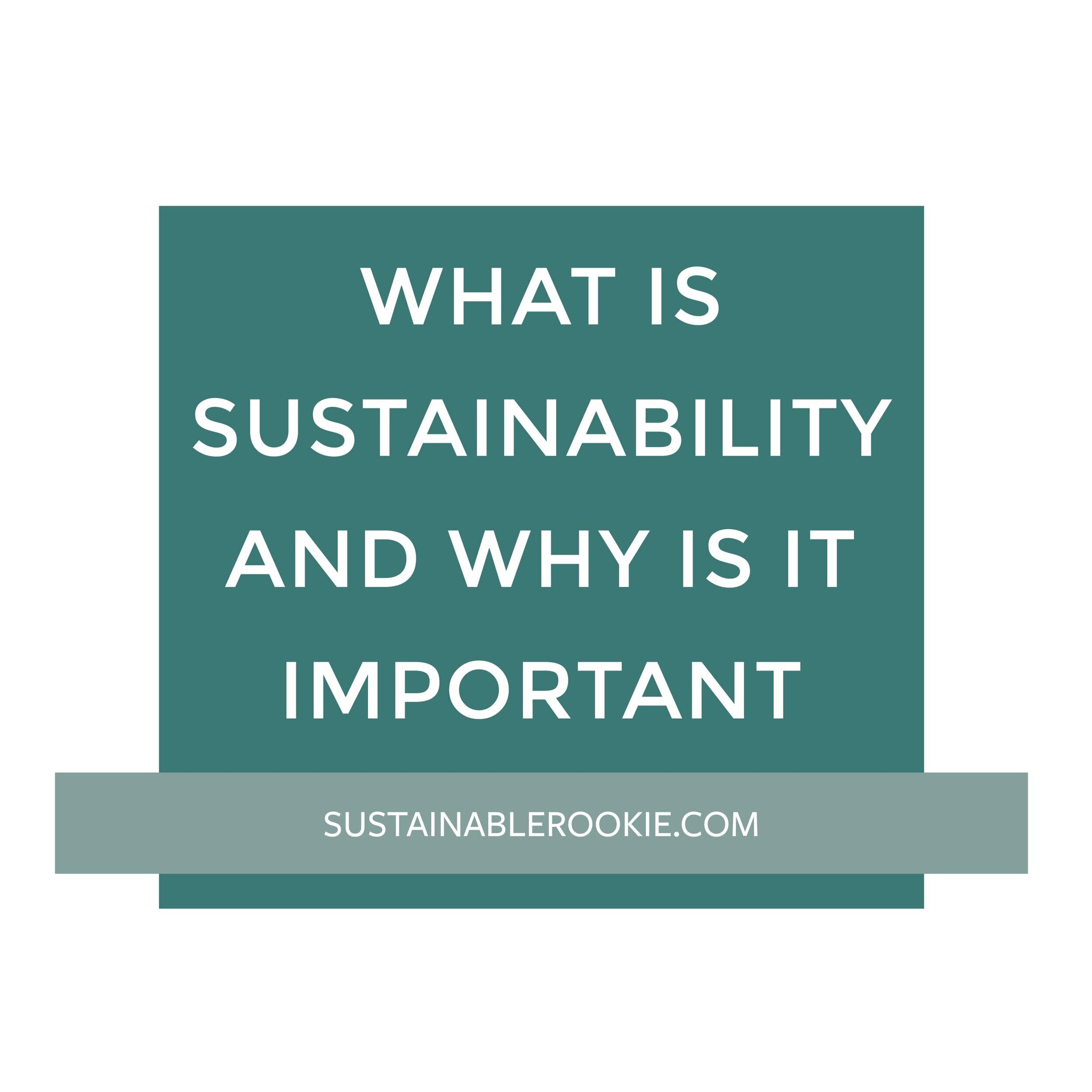5 Tips for a Sustainable 4th of July
One of the most celebrated days in the United States is Independence Day, a.k.a. 4th of July. Being such a popular festivity, it’s also a day in which lots of decorations and food are thrown away, and public places where people gather are left in poor conditions.
For this reason and because sustainability is so important, it’s necessary that we take certain measures to enjoy it while respecting the environment at the same time. I will share with you some tips on how to make this a sustainable holiday and celebrate 4th of July consciously.
5 TIPS TO CELEBRATE 4th OF JULY SUSTAINABLY
1. USE WHAT YOU HAVE
Like every other Holiday, decorations are the protagonist. Everyone in the U.S. covers their houses and themselves in blue, red and white. However, sometimes they’re thrown away immediately after the day is over, which is a waste of resources, in addition to generating trash. Americans produce approximately 292 million tons of solid waste per year, so it’s no surprise that there’s a bigger urgency to reduce consumption, than to recycle.
The best option is always to reduce (you can celebrate without decorating) or use what you have. If you’re keeping old decorations in your closet, use them. You can also get creative. For instance, you can wear a red t-shirt, blue jeans, and a white bandana, or any outfit you can pull together with what you already own. An alternative for the rookiest–as it’d not be reducing, and it’d still demand resources and materials–is to buy sustainable decorations, made with eco-friendly or recycled materials.
2. GO PLASTIC-FREE
As I said before, the most eco-friendly approach is always reducing, but when that’s not possible, go plastic-free. Straws can almost always be avoided, but if you want or need to use them on your 4th of July gathering, either take your own reusable straw, or buy compostable and biodegradable straws. If you’re having a picnic in a park or gathering at your house, use real or reusable cutlery, and not disposables, unless you don’t have a choice. In that case, you can opt for buying zero-waste disposables made from bamboo or plants.
3. SERVE VEGAN/PLANT-BASED FOOD
Because plant-based food is the most sustainable, and it’s also yummy, you can serve it at your 4th of July lunch, dinner, or picnic. Try preparing simple dishes with local ingredients, and recipes that are easy to make in big quantities, like mashed potatoes, grilled veggies, or legumes. In this case, it’s also convenient and sustainable to buy food in bulk at your local market. If you really need to buy something that comes in a plastic bag, go for the family size, like big chips instead of small ones. This way, less plastic is used.
You can also get creative in this department, by decorating the table with food. Place blueberries, strawberries and cut bananas in bowls, for a cute and simple way of celebrating.
Another important thing to have in mind is the amount of food that’s thrown away during celebrations. Never throw food away, as you can always use leftovers to have lunch the next day. If you know you could miscalculate and have more leftovers than you could eat yourself, ask your guests to bring plastic-free containers, so you can send them home with delicious food.
4. STAND AGAINST POLLUTION
There are two important activities that contribute to pollution during 4th of July.
First, grills. Avoid petroleum-based lighter fluids, as well as self-lighting charcoal, as they release petrochemicals into the atmosphere. Charcoal grills leave a higher carbon footprint than gas grills, even though these aren’t perfect either because they burn propane, and their process has certain environmental impact. Electric grills are better if the source of power comes from renewable energy. If you want to have a barbecue (make it plant-based!), the best option would be to use a wood fire grill.
On the other hand, fireworks scatter highly toxic gases and pollutants that lower the quality of the air we breathe, in addition to the water and soil. In this respect, they’re toxic for animals, and affect them psychologically, as they get stressed out because of their high sensitivity to loud noises, not to mention birds could be killed if they’re hit by fireworks.
5. CLEAN AFTER YOURSELF
If you celebrate this holiday in a public place, like a park or the beach, always clean after yourself. This will be an easier task if you only use reusable cutlery, but if you take a bag of chips or anything that involves a wrapper, don’t forget to throw it away in the trash can, or take it with you in a reusable bag so you can throw it out later. Don’t litter. You should leave the place in a better condition than when you arrived.
Indoors, outdoors, lunch, dinner, whatever your plan is, you now have 5 sustainable holiday tips to motivate you to celebrate 4th of July consciously. Would you add anything? How will you be celebrating? Share in the comments, so we can keep on learning from each other with eco-friendly tips!
Please don’t forget to subscribe to my newsletter to receive more tips on how to be more sustainable and lead a conscious life.








